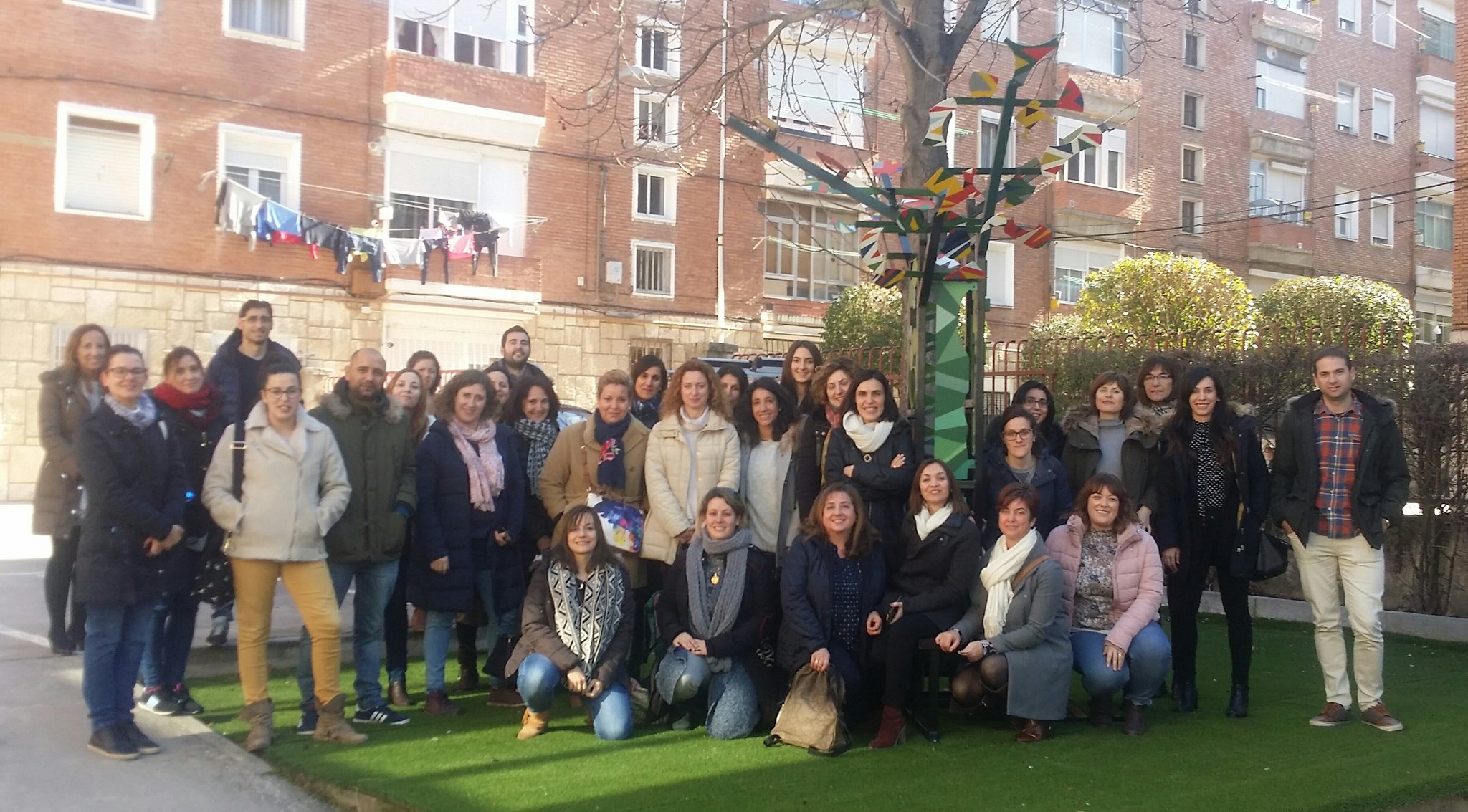Your task: Plan a cross-curricular mini-project. Your
mini-project should incorporate some of the techniques you have seen on the
course so far. Complete the table below.
|
Topic and project title
|
Living with plants.
|
|
Your subject area: How will the project fit with your
subject?
|
Natural Science
This project is part of the contents of the subject; it is
going to take place during a week to start the unit.
|
|
Who are you doing the project with?
|
I am going to do this on my own because I work in a C.R.A.
I teach both Art and Natural to this group. However, I talk with the teacher
who teaches English and she also tries to collaborate in some extend.
|
|
Learning objectives
|
Learn the main parts of a plant and their functions.
Know
the difference between living and non-living things.
Identify the
different parts of the plants that we eat.
Realise the
importance of taking care of plants.
Observe the plant circle live.
Apply the knowledge learnt.
|
|
Anticipated problems (and solutions)
|
Problems with vocabulary, give a list in advance with the
most difficult words.
|
Teach your mini-project. Reflect on how it went. Be prepared
to give feedback.
|
Group and date taught
|
6 pupils, 4 sessions from
19th to 23rd February.
|
|
What did you do?
|
(scan and attach a copy of
the material you used, or paste any links below)
At the beginning of all the
sessions I gave them a clear lesson frames to help them to understand. Not
only I did that, but also I did frequent comprehension checks along the
sessions.
A way of extra material for pupils who finished really
quickly I had prepared some word search, that you can make for any topic in
the next web https://www.educima.com/wordsearch/spa/
1º session.
To start the unit I asked
pupils to bring some seeds to plant in a small pot I brought soil, so every
child planted their bean seed and we watered them. Then I asked them the next
question: “How long do you think is going to take the seed to grow?” They
wrote their different answers. We were talking about the vocabulary of the
project: to grow, soil, pot, stem, seed, blossom, buds, cucumber, asparagus,
peas, cabbage, lettuce... I mimicked and show pictures of them.
2º session
They had to colour and paste the cycle inside
the apple while I was explaining this process.
3º session
Firstly, we were talking
about how important the plants are for us. We use them to make furniture,
perfumes, medicines, clothes and so on. I asked them: “What if all the plants
disappear? At first they did not see the problem but I tried they related
with the previous unit (herbivore animals). As animals we also eat different
parts of plants so we did an activity relate to this, we classify fruit and
vegetables into the part of plant. You can find the template in the nest link
http://www.kizclub.com/Topics/food/plant-parts.pdf
4ºsession
We started the unit with a
short running dictation in pairs, at the end they had to guess with picture
it was 1 or 2, the dictation was: “it has got a lot of leaves. But it has not
got any flower.”
Finally, we did a flat plant
in a white card with different coloured papers. You can see the end result
below.
I wanted to learn and sing
the next song https://youtu.be/N-l-gsWOKzk but the class was over so I needed an extra
session to carry out this activity.
|
|
What went well
|
I think the activity they
liked the most was planted a seed, we are still waiting for the plant to grow.
|
|
Reflection for future practice
|
|
|
What needed improvement/changes and
why
|
The sessions at this school
are only 50’ long so I needed an extra session in order to complete the
project I will take this account for next projects. Sometimes at the end of
the sessions I was in a hurry.
|
|
What would you change considering
level, age or other factors
|
They found difficult to classify
the part plants we eat. So maybe they needed an extra activity related to it.
|


No hay comentarios:
Publicar un comentario